We do not know what we want and yet we are responsible for what we are - that is the fact

We do not know what we want and yet we are responsible for what we are - that is the fact
Jean-Paul Sartre, a prominent existentialist philosopher, famously stated, "We do not know what we want and yet we are responsible for what we are - that is the fact." This statement encapsulates the essence of Sartre's philosophy, which emphasizes individual freedom, choice, and responsibility.Sartre believed that human beings are fundamentally free, meaning that we are not bound by predetermined essence or nature. Instead, we create our own essence through the choices we make. This freedom is both liberating and terrifying, as it means that we are solely responsible for our actions and the person we become.
The idea that we do not know what we want reflects the existentialist notion of "bad faith," which is the act of denying one's freedom and responsibility by pretending that one's actions are determined by external factors. Sartre argued that many people live in bad faith, avoiding the anxiety and uncertainty that comes with acknowledging their freedom and the weight of their choices. By claiming that we do not know what we want, we can avoid taking responsibility for our actions and the consequences that follow.
However, Sartre believed that this denial of freedom is ultimately futile, as we are still responsible for the choices we make, whether we acknowledge it or not. We cannot escape the fact that our actions define who we are, and we must accept the consequences of our decisions.
In Sartre's view, authenticity lies in embracing our freedom and taking responsibility for our choices. By acknowledging our freedom and the fact that we are responsible for what we are, we can live more authentically and meaningfully. This requires facing the uncertainty and anxiety that comes with freedom, but it also opens up the possibility of creating our own values and defining ourselves through our actions.
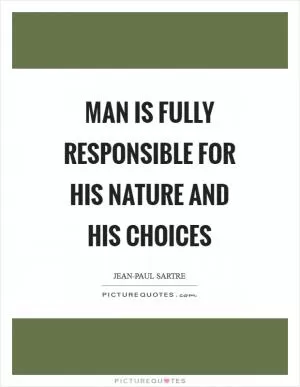
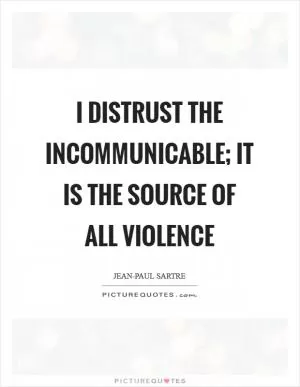

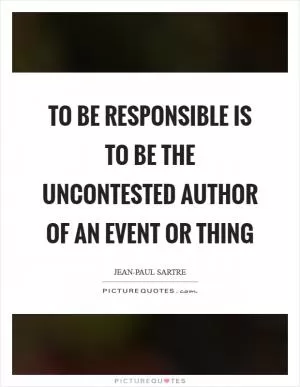
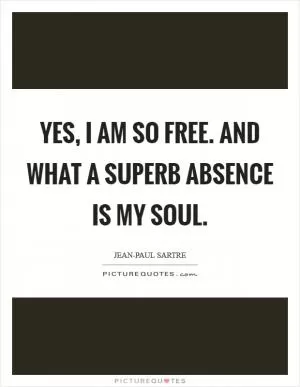
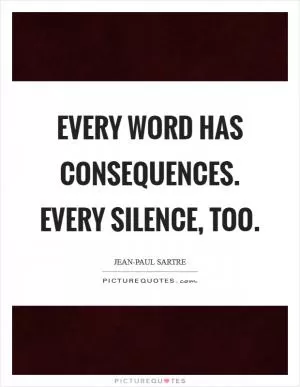
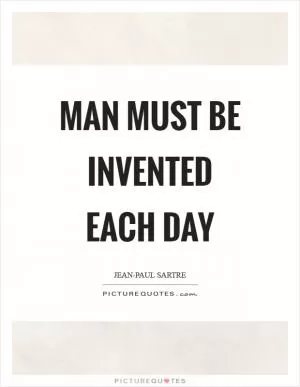
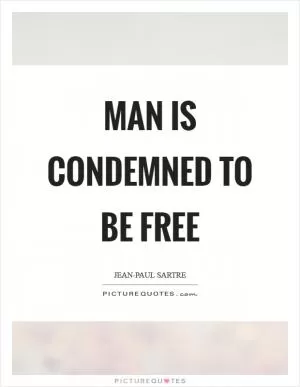
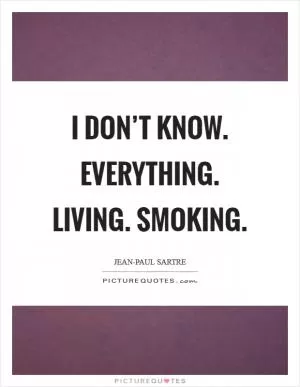
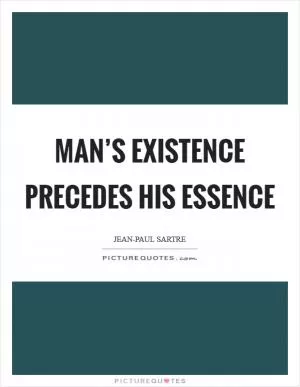
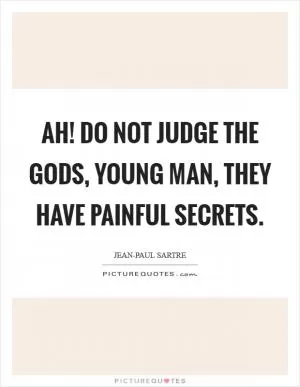
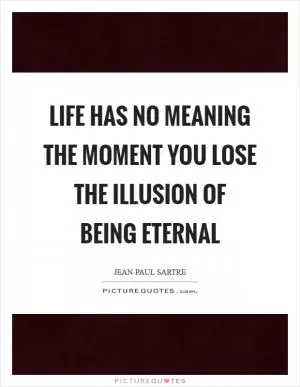
 Friendship Quotes
Friendship Quotes Love Quotes
Love Quotes Life Quotes
Life Quotes Funny Quotes
Funny Quotes Motivational Quotes
Motivational Quotes Inspirational Quotes
Inspirational Quotes